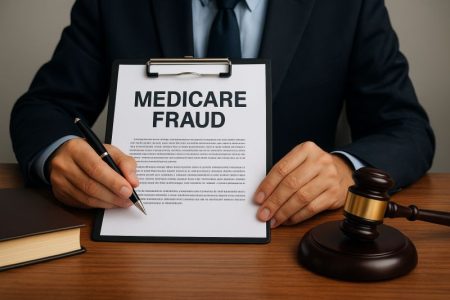You might want to find out the at-fault driver’s insurance coverage after a car accident in Florida. This makes sense because, even in no-fault jurisdictions like Florida, insurance coverage has a significant impact on the amount of money you can recover after an automobile accident. Compensation claims and receipts are heavily influenced by the state’s special insurance laws, which mandate Property Damage Liability (PDL) and Personal Injury Protection (PIP). But then so does the driver who was at fault’s insurance. It can be difficult to navigate these complications, particularly while dealing with the anxiety and bewilderment that come after a car accident.
Comprehending the Insurance Requirements in Florida
Every driver must be aware of Florida’s insurance regulations. This is a summary of the minimum insurance coverage requirements set forth by the state, along with the particular functions of Property Damage Liability (PDL) and Personal Injury Protection (PIP).
Florida’s Requirements for Minimum Insurance Coverage
All automobiles in the state of Florida with four or more wheels must have both PDL and PIP.
These coverages must be kept up to date for the duration of the vehicle’s registration, following legal requirements.
Personal Injury Protection
- Every driver is required to have Personal Injury Protection coverage.
- Minimum amount if $10,000
- This covers expenses related to medical, lost wages, and death benefits.
Property Damage:
- Minimum amount is $10,000
- This covers any damage to another person’s vehicle.
- This doesn’t cover your vehicle damage.
Sadly, bodily injury liability—which is essential for paying insurance expenses associated with potential harm you may inflict to others in an accident—is not covered by these minimal coverages. For better protection, carrying more coverage than the bare minimum required by the state is frequently advised.
Complying with the law and safeguarding your finances in the case of an auto accident necessitate that you understand these insurance requirements. Speak with a skilled Florida auto accident attorney right away if you have questions regarding your coverage or need help comprehending the insurance of another driver.
Comprehending the No-Fault Laws in Florida
One of the main features of Florida’s vehicle insurance regulations is its “no-fault” insurance system, which is intended to make the process of getting financial compensation after an accident more efficient.
Under the no-fault system, the main goal of PIP coverage is to guarantee prompt payment of medical costs and lost wages without necessitating drawn-out and perhaps contested culpability decisions. This approach lowers the quantity of auto accident claims filed as well as the administrative and legal costs related to assigning blame in each collision.
Nevertheless, the no-fault system has drawbacks despite all of its advantages. It does not cover all forms of injuries or property damage (this is where Property Damage Liability, or PDL), comes into play. In Florida, an injured person may “step outside” of the no-fault system if their injuries are severe enough. Significant and irreversible loss of a vital body function, permanent harm within a reasonable medical likelihood, severe and irreversible scarring or disfigurement, or death are examples of severe injuries.
Your car accident attorney will submit a claim to your insurance carrier if you have UM/UIM coverage. In the event that complications emerge or you are unclear of the next steps, your lawyer will be available to provide legal advice and support to optimize your claim.






